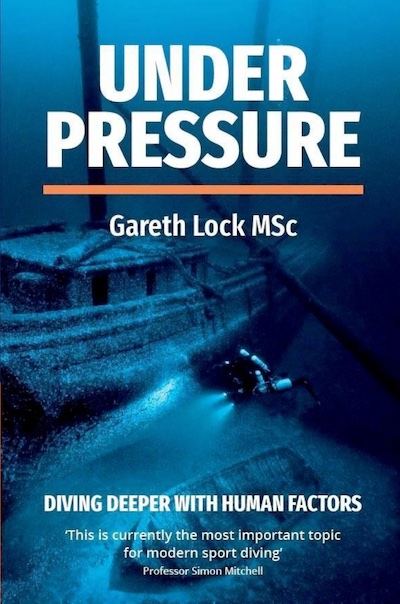Human Factors in Diving

What Are Human Factors in Diving?
Human factors in diving refer to the psychological and social elements that influence decision-making, communication, and teamwork underwater. Instead of focusing on individual mistakes, human factors help us understand why errors happen and how to prevent them.
This field of study is widely recognized in aviation, medicine, and technical industries—but it is just as critical in diving.
Why “Human Error” Isn’t the Right Answer
Dive incidents rarely happen because of a single bad decision. Instead, they are usually the result of multiple small issues that build up over time. When people blame “human error,” they miss the real causes—fatigue, poor communication, overconfidence, or unsafe habits.
By focusing on why decisions are made instead of just labeling them as mistakes, divers can improve safety and performance.
Core Human Factors in Diving
These key concepts help divers recognize and reduce risks:
- Situational Awareness: Understanding what’s happening around you before an issue arises.
- Decision-Making Under Stress: How cognitive overload and stress affect judgment underwater.
- Communication & Teamwork: The role of clear, effective dive planning and signaling.
- Normalization of Deviance: When divers accept unsafe behaviors because “it’s always been fine before.”
Why This Matters for Recreational Divers
Many divers assume human factors only apply to technical or professional divers. In reality, human factors affect every dive. Some common examples include:
- Trusting rental gear without checking it - because you assume the dive shop maintains it.
- Skipping a buddy check - because you feel rushed or don’t want to slow down the group.
- Following a bad dive plan - because you don’t want to question a more experienced diver.
Recognizing these risks and improving communication can prevent minor issues from turning into emergencies.
Learn More: The Human Diver (Gareth Lock)
The most comprehensive resource on human factors in diving comes from Gareth Lock and The Human Diver. His book, courses, and research have brought human factors to the forefront of dive safety.
Highly Recommended: I have personally completed The Human Diver online course and read Under Pressure: Diving Deeper with Human Factors. It is, without a doubt, the best non-skill-based training I have ever taken.
For a deeper dive, visit:
- Website: The Human Diver
- Book: Under Pressure: Diving Deeper with Human Factors
- Courses: Online & in-person training on human factors in diving
Psychological Safety in Diving
Learn why psychological safety affects diver communication and decision-making.
Learn MoreSituational Awareness
Understand how to anticipate and manage risks before they become emergencies.
Learn More